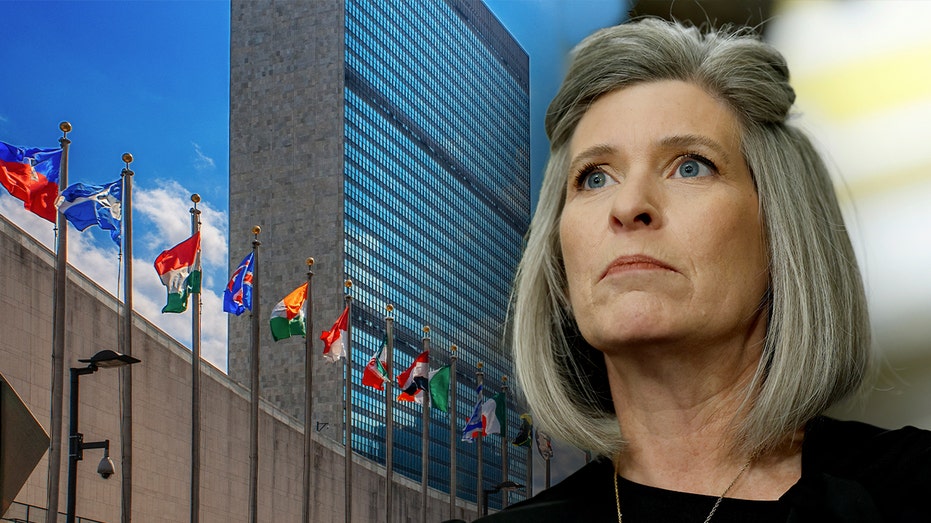I was already struggling to plan my wedding on a tight $10,000 budget — and then I was laid off
Samuel Gernand/The Gernands Photography
- I was surprised when my parents gave me $5,000 for my wedding, bringing our budget to $10,000.
- On a tight budget, I got creative with the planning, but then I was laid off.
- Although I don't know what the future holds, I'm still getting married on an even tighter budget.
I wasn't born into money. I live paycheck to paycheck on a $70,000 salary while paying off credit cards and college loans from 16 years ago. But still, I'm planning my dream wedding.
I was incredibly surprised when my parents offered $5,000 for the wedding. My dad has an 8th-grade education, and my mom is an immigrant from Austria. They've worked hard to build themselves up and have done well for themselves, but they still pinch their pennies and avoid overspending.
I've also never asked them for money. I've been working, in some capacity, since I was 14 and have always relied on myself to pay for everything.
Thanks to my parents' $5,000, my fiancé and I have pushed our budget to $10,000, knowing we would foot some of the bill ourselves and might possibly get additional family gifts.
Of course, that's a wedding on a budget, but I didn't know how much worse it would get.
I've been a bride on a tight budget
Along with my $70,000 salary, my partner is a freelance journalist, meaning his income is unpredictable. We also live in Chicago, where the average price of a wedding is around $56,000. The majority of wedding venues here cost $20,000 just to rent the space. Food or drinks aren't included.
In a sea of wealthy brides from Lincoln Park, I'm a Southside bride just trying to fib my way into looking fancy.
I designed and made our letterpress invitations ($560), we found a gorgeous wedding venue ($5,500), I scoured Reddit for tips on how to save on flowers ($700 box of real foliage from Costco), and we are having mezze for our rehearsal dinner ($1,000) on a patio at a flower shop ($700).
I splurged on my wedding dress ($2,000), but we are buying our alcohol (TBD) and decided to make our wedding playlist using the app WeddingDJ ($5 a month).
Despite our calculations, the budget increased to $20,000 because we quickly discovered that every little detail adds up.
We were going to be cutting it close, but with my regular paycheck, my fiancé thought we could make it work.
I was laid off, but I wasn't devastated
When I learned the news that I was being laid off, I had just paid for our shuttle service ($788). I worked remotely and saw the Google Meet invitation pop-up for the next day. I had a day to pace around the house and prepare for my 8 a.m. layoff video meeting.
As a journalist for the past 11 years, I've always imagined how I would react if I got laid off. Tears, for sure. Panic, absolutely. But instead, I felt none of those things. I simply laughed.
It's my typical shoddy luck to be having a wedding at 35 years old and lose my income just a few months before the big date.
What could I do? I could sulk. I could lie on the couch. I could freeze up and not do anything. Or I could contact every editor I knew, reach out to all of my contacts, and let them know my situation.
So that's exactly what I did.
As a result, the response has been overwhelming. Friends and former coworkers have been emailing me job listings, sending me a $5 Venmos for coffee, or simply telling me to "hang in there."
My plan for the future and our wedding
If I don't get a full-time job in the next few months — which, let's be real, in this job market I probably won't — I'll be jumping back into freelancing full time after a five-year hiatus.
Is it glamorous? No. Is it what I thought I would be doing at this stage in my career? No. Am I still on severance and not fully realizing how much shit could hit the fan? Yes, so we can circle back on this later. But for now, I feel hopeful.
I'm getting married. Nothing will stop that. There may be some aches and pains when reworking the budget. I might not get to buy as many candles as I wanted. I don't need a hairstylist; I can do it myself. No one needs to know my wedding shoes are $15 from Depop. I can let this news crush me, or I can pull up my bootstraps and carry on.
I was already cutting costs on so many things, and to be honest, it makes planning a wedding more creative, and now that inspiration has intensified. Figuring out alternative fabrics for tablecloths, searching for vintage cakestands, making and printing our programs — all of it becomes more tangible and personal.
And now, lucky for me, I have all the time in the world to plan the party of our lives.
:max_bytes(150000):strip_icc():format(jpeg)/GettyImages-1313315151-6e3aed8c0a3740f49adb1dfe5bbe3a03.jpg)

:max_bytes(150000):strip_icc():format(jpeg)/GettyImages-1272954227-8870206351b3472fb044fdd1bdbd6c8f.jpg)
:max_bytes(150000):strip_icc():format(jpeg)/GettyImages-2181488709-a62d1b9bcaf44410a3f7a8cf397de770.jpg)
:max_bytes(150000):strip_icc():format(jpeg)/GettyImages-134574788-a46ab59a8e9c48c3b74870621f9f8338.jpg)